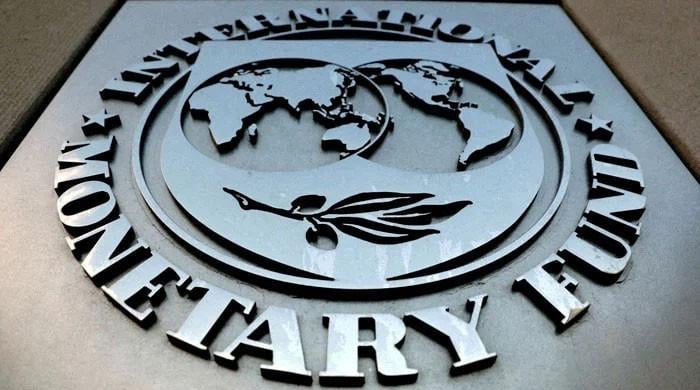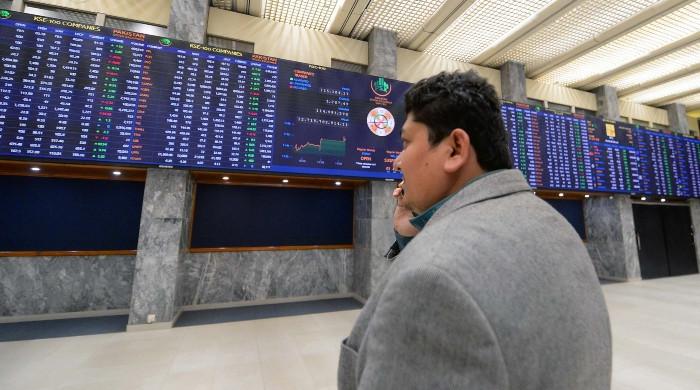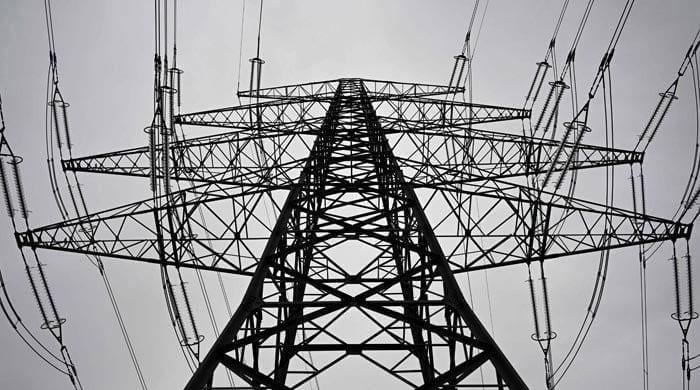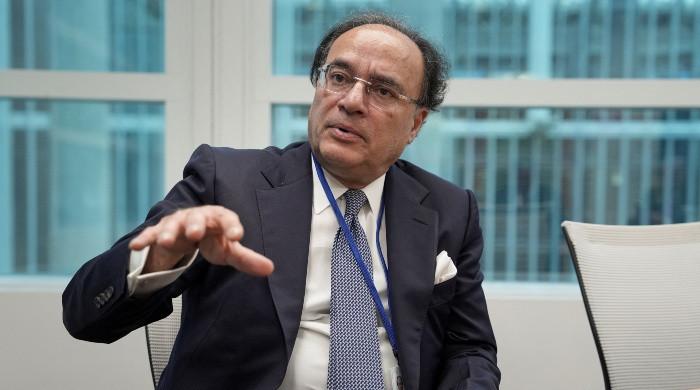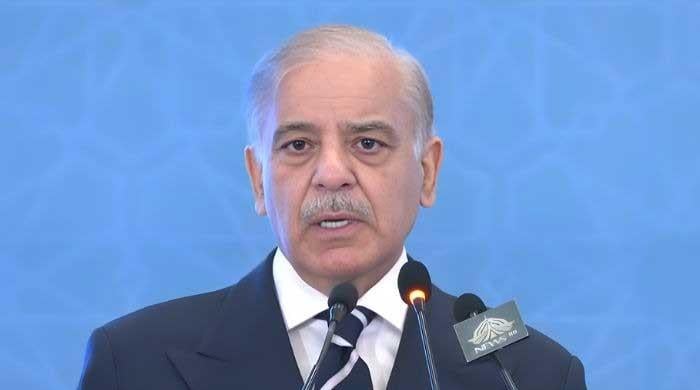Discos seek massive electricity tariff hike for March
Move comes due to high fuel costs coupled with significant decline in hydropower production
February 21, 2024
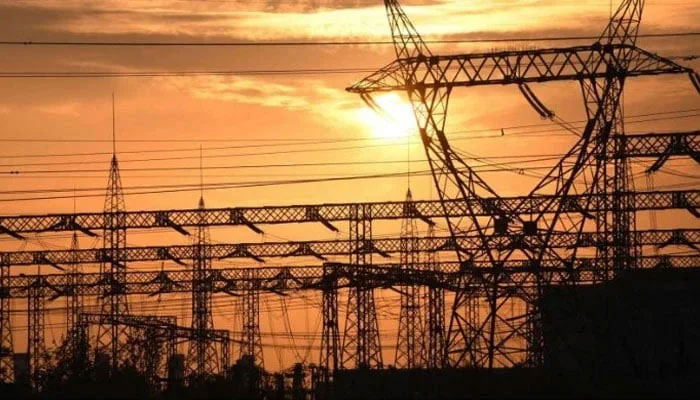
- CPPA files petition for R7.13 per unit hike on behalf of Discos.
- Move comes due to high fuel costs, drop in hydropower production.
- Nepra to hear CPPA's request for tariff hike on February 23.
ISLAMABAD: The inflation-weary masses are likely to face a blow with a significant increase in their electricity bills after ex-Wapda distribution companies (XWDiscos) have sought a staggering R7.13 per unit hike from the National Electric Power Regulatory Authority (Nepra) for March, The News reported on Wednesday
The request for Nepra's approval comes amid a significant decline in hydropower production and systemic constraints like the incapacity of the high voltage direct current (HVDC) transmission line to effectively move economically viable power from southern producers to the north resulting in a notable financial burden on customers.
As a result, fewer economical sources have been used in the south to generate energy, turning to pricy substitutes like high-speed diesel and residual fuel oil (RFO). One of the contributing factors to these high prices is the increase in fuel costs.
Meanwhile, Nepra has scheduled a public hearing on February 23 to review the petition of the Central Power Purchasing Agency (CPPA) submitted by the body on behalf of Discos.
Notably, of the total demand, these companies also claimed a recovery of Rs2.568 billion from previous adjustments.
The petition indicates that a total of 8,314 gigawatt-hours (GWh) of electricity was generated in January 2024, with an associated cost of Rs114.634 billion (equivalent to Rs13.7885 per unit). Moreover, 7,938 GWh, originally priced at Rs116.06 billion, was delivered to distribution companies (Discos), while transmission losses stood at 4.24% (or 352 GWh) of the total generation. Whereas, last month (Dec 2023), it was 3.51pc (271GWh) and in January 2023, it was also 3.51% (or 298GWh).
Power generation in January 2024 dropped by 2.4% against the same month’s generation of 8,515 GWh in the previous year.
However, in December 2023, the generation increased by 7.6%. Interestingly, during the month, actual power generation was notably 4.7% lower than the reference generation. This decrease in generation is anticipated to lead to increased capacity charges for the third quarter of fiscal year 2024 QTA (Quarterly Tariff Adjustment).
According to the petition, the generation cost increased by a worrisome 43.9% to Rs13.79 per unit YoY in January 2024 from Rs11.2 per unit in December 2023. Similarly, over the previous month (Dec 2023, unit cost of Rs 10.13), increased by 41.3%.
The per-unit power generation cost from imported coal surged by 22% in January 2024 to Rs21.05/unit from Rs17.25/unit in the previous month. The local cola generation cost however fell by 3.3% to Rs11.9/unit from Rs12.33/unit in December 2023.
The expensive generation was made from RFO and diesel. During the month, RFO-based generation was 750 GWh which was 62% more than the same month of last year and 346% over the previous month (168GWh).
Its per unit generation cost was 35.44/unit which was 22.3% more expensive than the same month of the previous year. Generation from HSD was 102 GWh at Rs45.61/unit, while in the previous month, this expensive source was not used for power generation however, only 5.4 GWh was generated in the same month of last year.
The petition outlines that in January, the consumers were charged a reference fuel cost of Rs7.4894 per unit, while the actual fuel cost incurred was Rs14.6202 per unit. The CPPA argues that the additional cost burden of Rs7.1308 per unit should be transferred to consumers.




